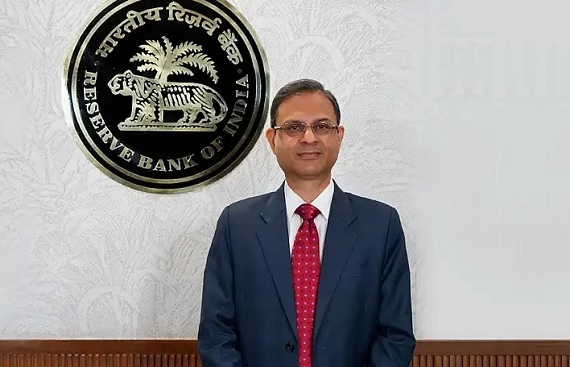RBI Holds Repo Rate at 5.5%, Maintains Neutral Policy Stance
By
siliconindia | Wednesday, August 6, 2025

- RBI keeps repo rate unchanged at 5.5% with a neutral stance, aiming to balance inflation control and economic growth.
- Inflation has eased, but food price volatility persists; core inflation remains steady at around 4%.
- Growth expected to strengthen due to good monsoon, festive demand, and earlier rate cuts, though transmission by banks remains key.
In a key policy decision, the Reserve Bank of India (RBI) announced that it would keep the repo rate unchanged at 5.5%, maintaining a neutral monetary policy stance. The decision was unanimously taken by the Monetary Policy Committee (MPC) after a comprehensive review of the current macroeconomic environment and the interplay between inflation and growth.
RBI Governor Sanjay Malhotra stated that while headline inflation has eased significantly, volatility remains in food prices, particularly vegetables. Core inflation, however, has remained stable at around 4%. The Governor expressed optimism about the Indian economy’s growth trajectory, supported by a good monsoon and the upcoming festive season, which are expected to drive economic activity.
A neutral policy stance signals that the RBI does not see an immediate need to either tighten or loosen liquidity, aiming to balance inflation control without stifling growth. Malhotra emphasized that India is poised for robust medium-term growth despite global trade uncertainties, thanks to the government’s supportive measures and the central bank's accommodative stance.
The decision follows the RBI’s last policy move on June 6, when it cut the repo rate by 50 basis points from 6% to 5.5% and reduced the Cash Reserve Ratio (CRR) by 100 basis points to inject liquidity and stimulate economic growth. Since February, the repo rate has been lowered by a total of 100 basis points.
While lower interest rates increase liquidity and reduce borrowing costs for businesses and consumers, the RBI stressed that the effectiveness of these measures depends on how swiftly commercial banks pass on the benefits to end-users.
Malhotra concluded by reaffirming the RBI’s commitment to keeping inflation in check while continuing to support economic growth through a gradual and calibrated easing of the monetary policy cycle.

